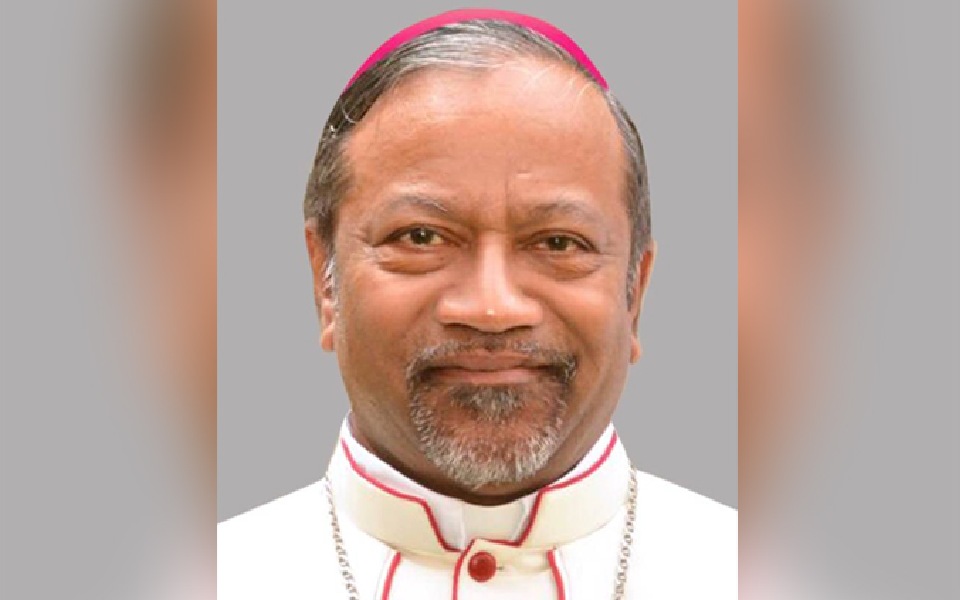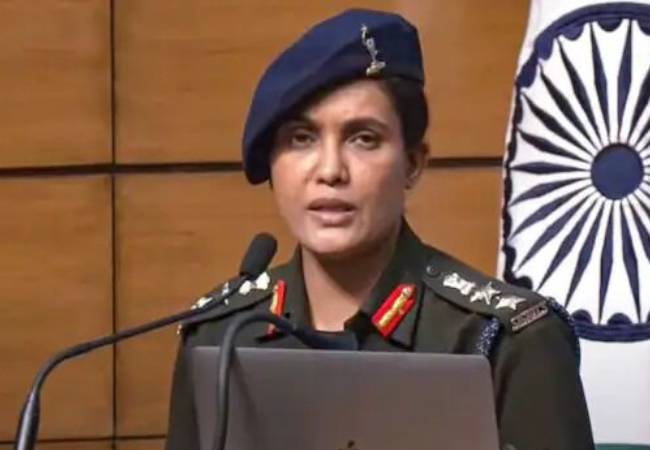Bengaluru: Archbishop of Bengaluru diocese, Dr. Peter Machado on Thursday commended and welcomed the Karnataka government's move to repeal the Anti-Conversion law that was passed by the previous BJP government. Machado who also serves as the President of the Karnataka Region Catholic Bishops' Council and All Karnataka United Forum for Christian Human Rights, has expressed his appreciation on behalf of the entire Christian community in the state, read a press release.
"The repeal of this highly contentious bill stands as a commendable and crucial step towards upholding fundamental rights," stated the Archbishop, highlighting that it supports the unwavering stance adopted by the Church and the Christian community.
He further elaborated, stating, "It reaffirms our unwavering belief that this legislation not only infringed upon the freedom of religion for individuals but also directly contradicted the provisions enshrined in Article 25 of the Indian Constitution. Article 25 guarantees the freedom to practice, profess, and propagate any religion, which is an indispensable right for maintaining a society that embraces diversity and pluralism. Christians will steadfastly continue their endeavors within the framework of the Indian Constitution, serving the state and the nation, while extending their outreach to all individuals, regardless of caste and creed, with a special emphasis on uplifting the impoverished and marginalized."
According to the Bishop, the anti-conversion bill had led to an increase in attacks on Christians, its provisions also encouraged fringe elements to cause harm to the community . Its presence fueled doubts, mistrust, and disharmony between communities. The Archbishop expressed hope in other states following the suit to promote harmony among the societ.
Recognizing the complexities involved in repealing a law, the Christian community remains hopeful and confident that all concerned parties will extend the necessary support at various stages of the process. This collaborative effort is crucial to ensure a smooth transition and the complete withdrawal of the anti-conversion bill, the release added.
Expressing his gratitude, Machado said he appreciates the government of Karnataka for its courage and decisiveness in repealing the act. “The acknowledgment of the concerns raised by the Christian Community and the subsequent action taken to rectify the situation are commendable.” This progressive step will contribute to fostering an atmosphere of religious harmony, tolerance, and respect for all faiths within the state, he added.
Let the Truth be known. If you read VB and like VB, please be a VB Supporter and Help us deliver the Truth to one and all.
Belagavi: A social media post claiming that members of the Rashtriya Swayamsevak Sangh (RSS) attacked the residence of Colonel Sofia Qureshi’s husband in Konnur village, Gokak taluk, has been termed false by Belagavi Superintendent of Police Bhimashankar Guled.
The post, shared from an X (formerly Twitter) account named Anees Uddin, quickly went viral online. However, SP Guled clarified that the claim about an RSS-led attack on the residence of Colonel Qureshi's father-in-law is entirely baseless.
SP Guled urged the public not to fall for such misinformation being spread on social media. He added that adequate police protection has been provided to the house in Konnur following the viral rumours.
Gokak Circle Police Inspector Suresh R.B. visited the spot and conducted an inspection to ensure peace in the area.




